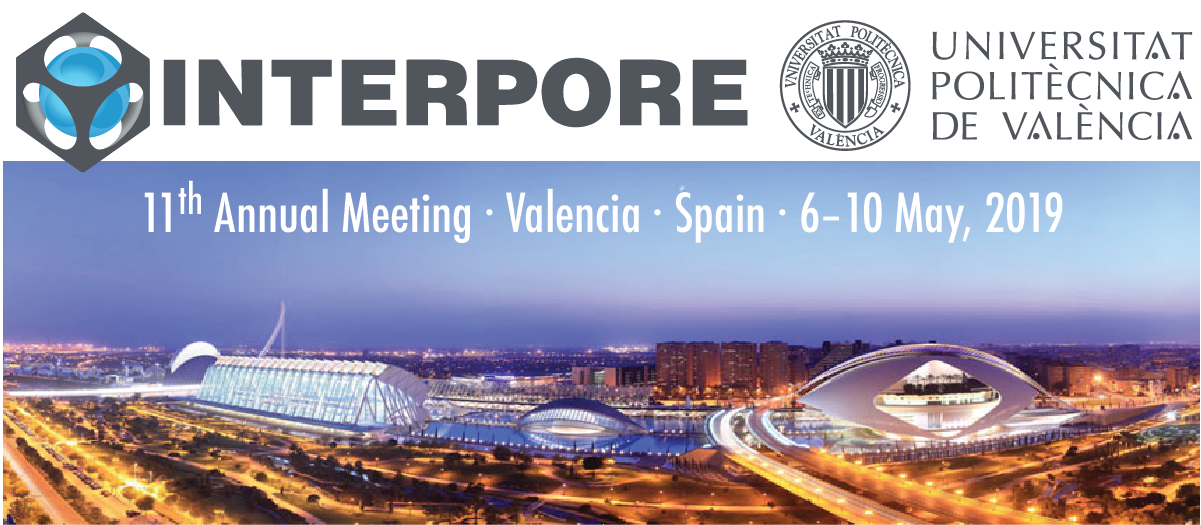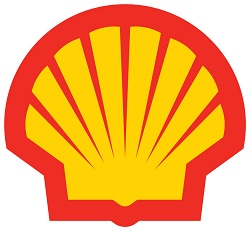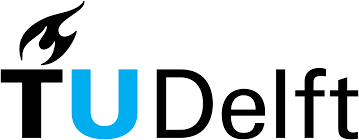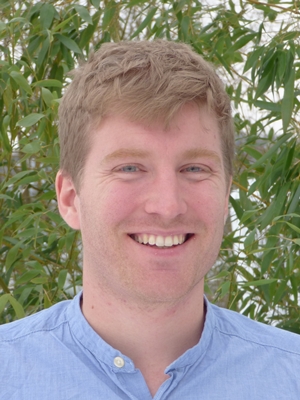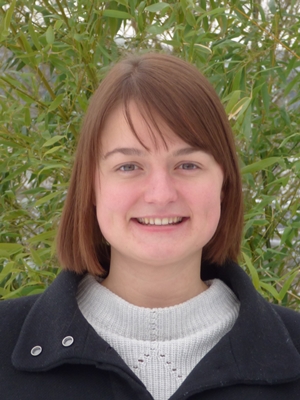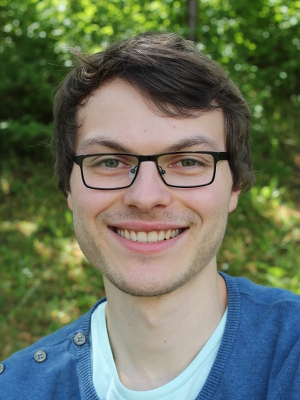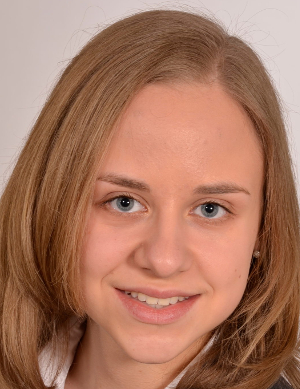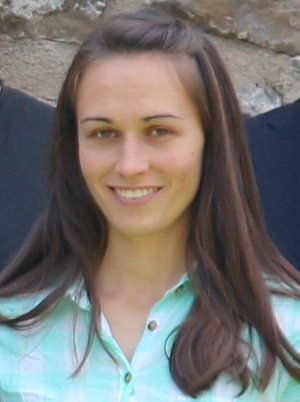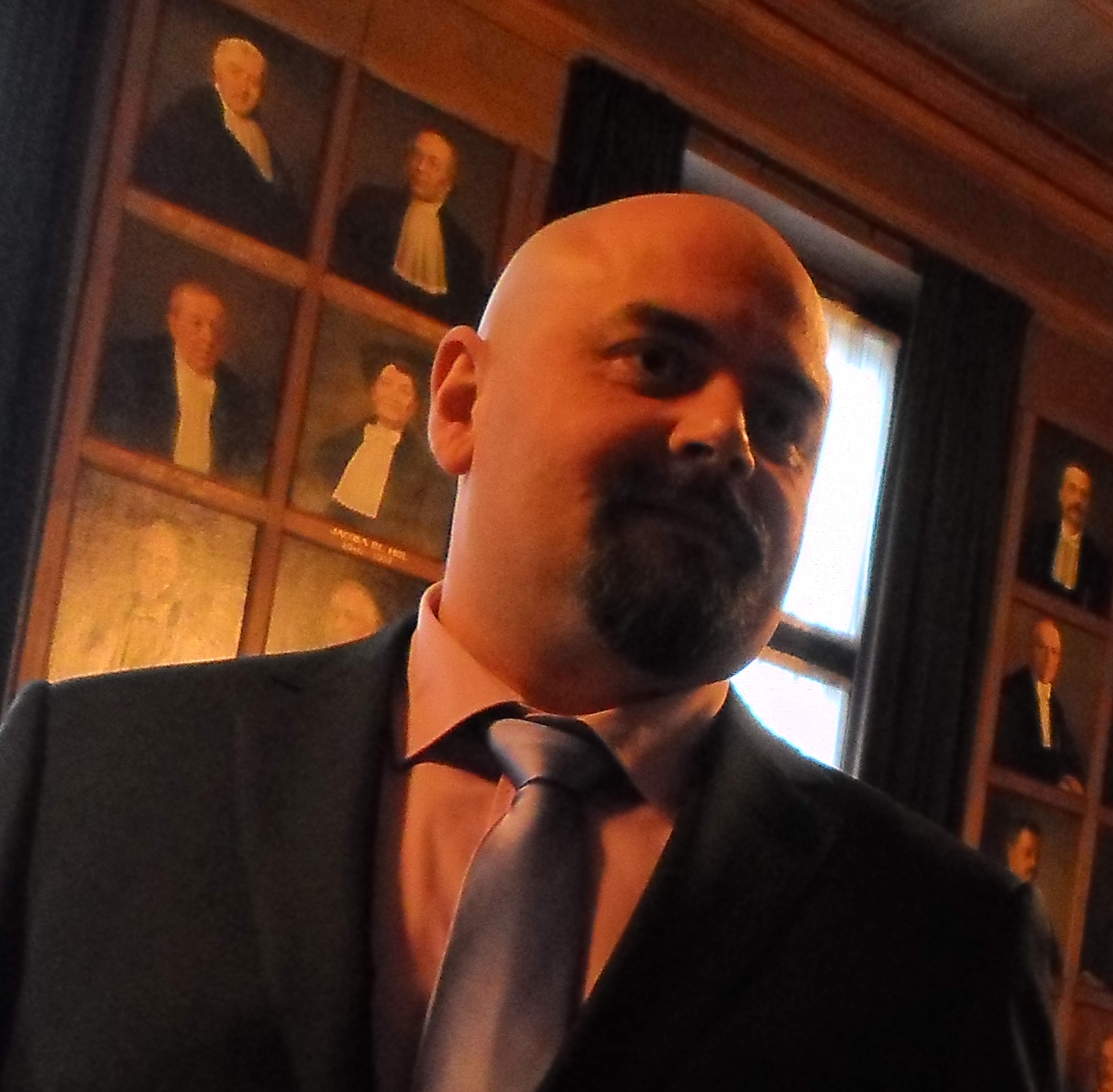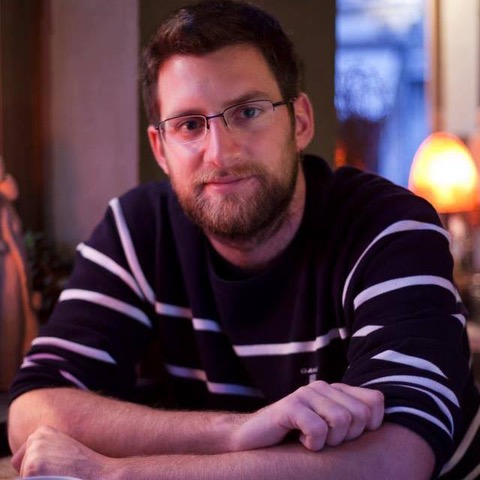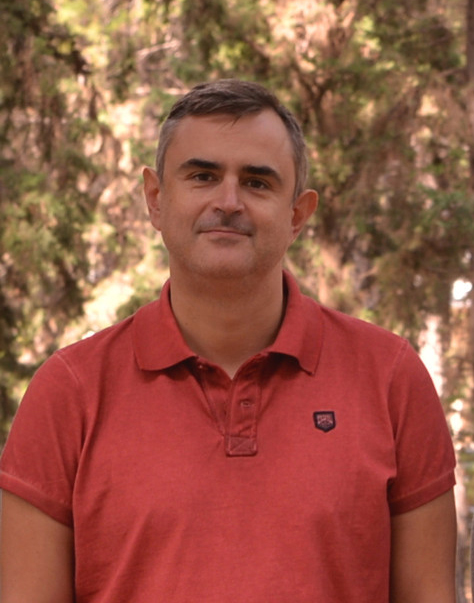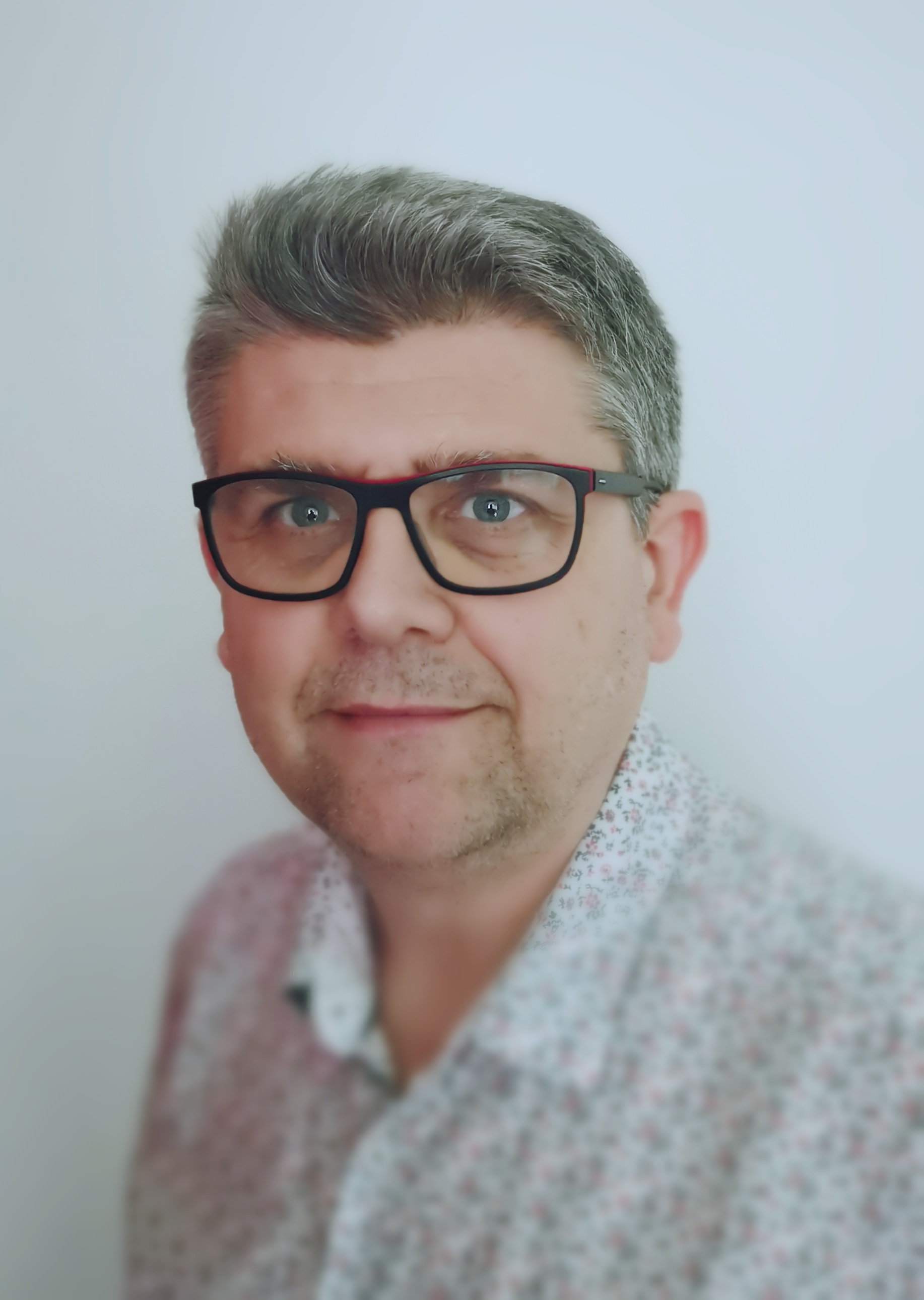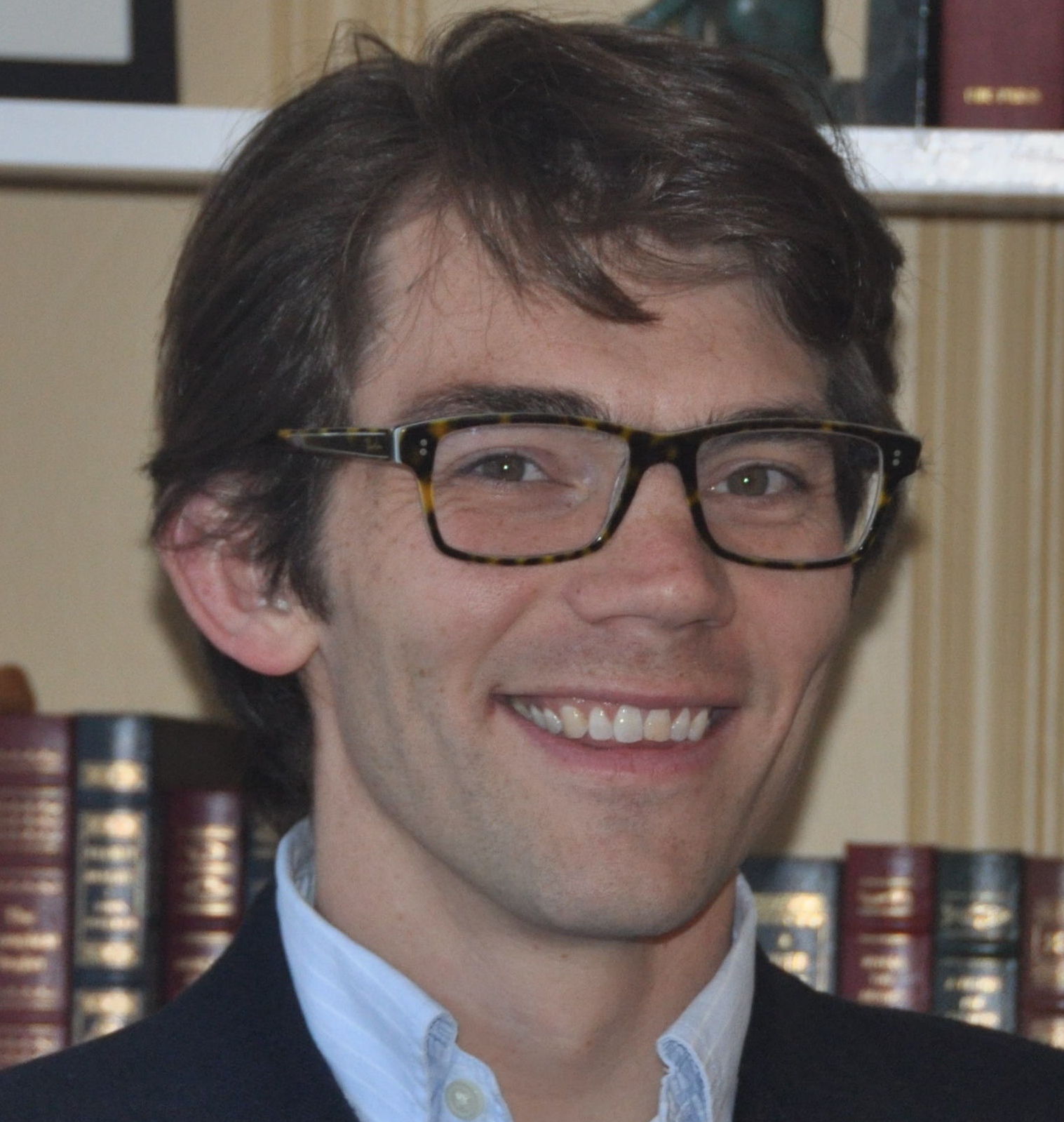REGISTRATION FOR SHORT COURSES IS AVAILABLE NOW. YOU CAN REGISTER HERE.
SHORT COURSE #3: Digital Rock Analysis, Visualization and Simulation: Discover PerGeos Software
SHORT COURSE #4: Introduction to Digital Rock Physics with LBPM
SHORT COURSE #5: Pore Network Modeling with OpenPNM V2
SHORT COURSE #1 Register here
Robust modelling of coupled nonlinear flow and transport processes in porous media; Introduction to DuMuX
Instructors:
|
(University of Stuttgart) |
(University of Stuttgart) |
(University of Stuttgart) |
|
(University of Stuttgart) |
(University of Stuttgart) |
(University of Stuttgart) |
Event time: Monday, May 6, 2019
Duration: 8:30 AM to 12:00 PM
Location: Room 2
Registration fee: €60 (For InterPore 2019 participants)/€90 (Short course only)
Description:
DuMuX is a free and open-source simulator for flow and transport processes in porous media. It is a C++ research code based on the Distributed and Unified Numerics Environment DUNE. Its main intention is to provide a sustainable and consistent framework for the implementation and application of porous media model concepts and constitutive relations. The development of DuMuX started in 2007 at the University of Stuttgart; version 3.0 has been released at the end of 2018.
In this short course, we will present an overview over the modeling capabilities and the structure of the code base. Presentations will be complemented by hands-on exercises. For these, participants should have some experience with a Unix shell and C++.
Participants must bring their own laptops with Docker and Paraview installed.
Course Topics:
- Introduction and Capabilities (30 minutes)
- Exercise 1 (30 minutes)
- Code Structure (30 minutes)
- Exercise 2 (30 minutes)
- Customization (30 minutes)
- Exercise 3 (30 minutes)
SHORT COURSE #2 Register here
Microfluidics: Experimental and numerical approaches of multi-phase flow and transport in porous media
Instructors:
|
(Stuttgart University) |
(Eindhoven University of Technology) |
(National Center for Scientific Research “Demokritos”) |
Event time: Monday, May 6, 2019
Duration: 8:30 AM to 12:00 PM
Location: Room 6
Registration fee: €60 (For InterPore 2019 participants)/€90 (Short course only)
Description:
In this course we will cover some experimental and modelling approaches related to microfluidics, in combination with some fundamental research applications.
For the experimental part we will discuss artificial porous media and their use in microfluidic studies of multi-phase flow and transport. We will refer to the available visualization techniques based on visible light, like optical, fluorescence, and confocal microscopy, as well as micro-CT and thermal imaging for the non-visible light spectrum. Some experimental works related to two-phase flow and transport and electro-kinetic effects, which make use of the pre-mentioned principles of imaging and manufacturing of an artificial porous medium will be presented, emphasizing on the significance of the results in terms of fundamental research.
In terms of numerical modeling of two-phase flow processes, this course will first focus on the basic principles governing immiscible flow at the pore and pore-network scales. A series of state-of-the-art modeling approaches will be then presented, including the coupled Navier Stokes and Level Set/Phase field models, and the class of Lattice Boltzmann methods. We will also discuss the implementation of parallel programming and High Performance Computing principles for the development of efficient two-phase flow simulators and their application in larger scale 2D and 3D porous structures.
Course Topics:
- Artificial porous media: Advantages and challenges (20 minutes)
- Microscopy techniques (Optical, Fluorescence, Confocal, X-ray micro-Computed Tomography, Thermal) (30 minutes)
- Real time visualization experiments; Pore scale information (40 minutes)
- Basic concepts and principles for the numerical modeling of single and two-phase flows in porous media at the pore and pore network scales (25 minutes)
- Two-phase flow models for pore scale simulations (Level Set, Phase Field & Lattice Boltzmann) (40 minutes)
- Efficient application of single and two-phase flow simulators in 2D and 3D porous structures based on parallel programming and HPC principles (25 minutes)
SHORT COURSE #3 Register here
Digital Rock Analysis, Visualization and Simulation: Discover PerGeos Software
Instructors:
|
(Thermo Fisher Scientific) |
Event time: Monday, May 6, 2019
Duration: 8:30 AM to 12:00 PM
Location: Room 1
Registration fee: Free of charge but registration is required
Description:
Digital Rock Analysis, Visualization, and Simulation
Based on the technologies of its predecessors such as Avizo Software, PerGeos Software analyzes, visualizes, processes 2D and 3D digital rock image data, and simulates physical properties such as relative permeability.
The first part of the short course will introduce the core functionalities of this highly flexible and versatile software. With this short course, you can reduce your learning curve and be at the cutting edge of technology for rock analysis. You will also be able to discover how to bridge python program with Thermo PerGeos Software.
The second part will be a hands-on session about large data handling: visualization, interaction, processing, and analysis of large out-of-core data using recipes.
For a better experience during the course, you are advised to bring your own laptop – check system requirements
Learn more about PerGeos Software
Course Topics:
- Core functionalities of the most flexible and versatile software solution for digital rock visualization, analysis and simulation
- Large data handling: visualization, interaction, processing and analysis of large out-of-core data using recipes.
SHORT COURSE #4 Register here
Introduction to Digital Rock Physics with LBPM
Instructors:
|
(Virginia Tech) |
Event time: Friday, May 10, 2019
Duration: 1:00 PM to 4:30 PM
Location: Room 2
Registration fee: €120 (For InterPore 2019 participants)/€150 (Short course only)
Description:
LBPM is an open source software package that supports the simulation of fluid flow in digital rock images, and is freely available through the Open Porous Media project. This workshop will provide an overview of the Open Porous Media project as well as an introduction to specific capabilities that are available within LBPM. Participants will be guided through step-by-step instructions that describe how to run parallel simulations using MPI, how to use GPU, and how to take advantage of the in situ data analysis capabilities within LBPM. Examples will demonstrate the steps needed to prepare 3D digital rock images for simulation using high-performance computing resources. Participants will then be introduced to two simulation workflows: (1) measure permeability using a multi-relaxation time lattice Boltzmann model; and (2) generate relative permeability curves based on a color lattice Boltzmann model. Participants will be shown how to visualize and post-process simulation data using open source tools. AWS instances will be provided to support hands-on instruction.
At the end of this workshop, participants should be able to:
- Prepare digital rock data for simulation
- Measure permeability using a multi-relaxation time lattice Boltzmann model
- Generate relative permeability curves using a color lattice Boltzmann model
- Perform post-processing analysis and visualization for simulation data
Participants must bring their own laptops.
The cost for 3 hours of AWS GPU instances is included in the registration fee.
Course Topics:
- Introduction to the Open Porous Media Project (30 minutes)
- Preparing data for simulation (30 minutes)
- Permeability Simulation (30 minutes)
- Relative Permeability Simulation (30 minutes)
- Visualization and Post-Processing of Simulation Data (1 hour)
SHORT COURSE #5 Register here
Pore Network Modeling with OpenPNM V2
Instructors:
|
Jeff Gostick (University of Waterloo) |
Mehrez Agnaou (University of Waterloo) |
Zohaib Khan (University of Waterloo) |
Event time: Friday, May 10, 2019
Duration: 1:00 PM to 4:30 PM
Location: Room 6
Registration fee: €60 (For InterPore 2019 participants)/€90 (Short course only)
Description:
This course will provide an introduction to using OpenPNM for pore network modeling. It is expected that attendees are reasonably familiar with pore network modeling in general, and wish to learn about the use of OpenPNM, an open-source package written in Python. The tutorial will cover three main topics: (1) It will start by introducing OpenPNM and it's graph theory based network representation, the general organization and use of the package, and an illustration of basic calculations, (2) Next it will dig deeper into more complex simulations such as multiphase flow and multiphysics simulations, and (3) It will end with a demonstration of how to extract a pore network from an image, import it into OpenPNM, and perform some analysis on it. After this course, the attendees will be in a good position to start using OpenPNM for their research, including creating their own algorithms and customized pore-scale physics models.
Participants must bring their own laptops.
Course Topics:
- Introduction to OpenPNM and its inner workings (90 minutes)
- Simulating multiphysics in OpenPNM (45 minutes)
- Extracting networks and using them in OpenPNM (45 minutes)
